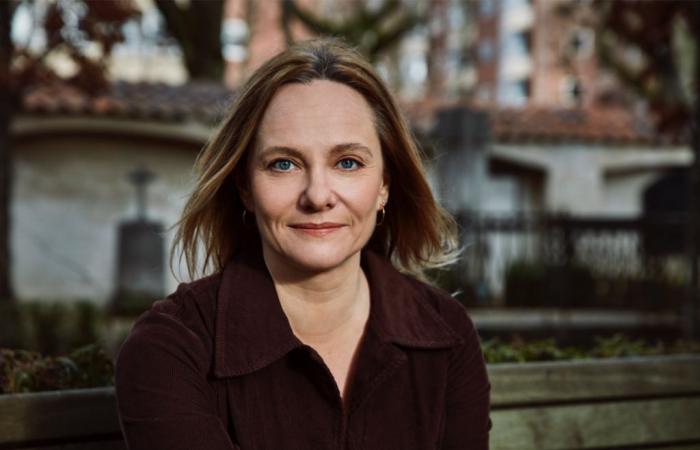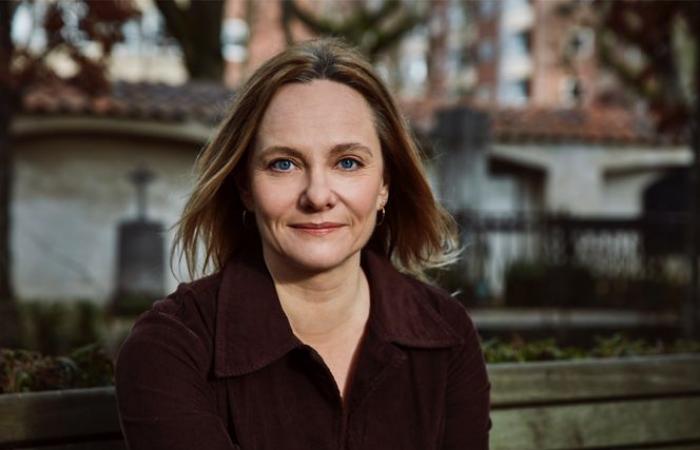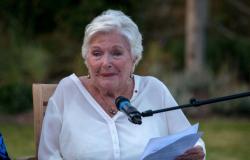“11%”, by Maren Uthaug, translated from Danish by Marina Heide, Gallmeister, 384 p., €24.90, digital €17.
11 % ! Hardly inviting to dreams or daydreams, the title of Maren Uthaug's new novel sounds more like the state of a stock market trend or an election result. In fact, in the new dystopia of this Danish author – born in Norway to a Norwegian mother and a Sami father – this percentage takes on a symbolic meaning. « 11 % »this is the strict ratio of men tolerated on Danish soil for the proper functioning, erotic and demographic, of the gynocracy in place.
In this choral and, in its own way, postapocalyptic novel, Denmark experienced a revolutionary period – called « Evolution » – during which the country was deeply demasculinized by “war rage” women. For them, in fact, if there were “something rotten in the Kingdom of Denmark”as Marcellus states in Hamletit was largely the work of the male, of his phallocratic vision, of his intrinsic violence. Hence the need to ban this predator from all forms of power and responsibility. To place a quota on men and mass the horde in centers, such as that on the island of Lolland.
Since then, these places have been entrusted to the care of Amazons who mimic the ancient model by compressing one breast. Placed under the supervision of doctors, they are made available to women wishing to reproduce or regain orgasm. A social order whose offenders are subject to punitive periods of ” meditation “loneliness and forced labor. This radical overhaul not only affects the social landscape, but also a meticulously devirilized urban decor, all protruding or angular shapes having been banished or abandoned to ruin, in favor of a new architectural ideal based on the ovoid softness of round shapes. , close to that of the stomach or breast.
The child of chance
Maren Uthaug introduces us to this universe through four voices, each referring to a mythical imagination and a particular relationship to the world. There is that of Medea (the magician and tragic infanticide), half-nun, half-beguine, living in the off-world of the Wasteland, “remnant of the patriarchal era”and devoting himself to making aphrodisiac treats in the company of snakes, including the eight-meter Pythia boa. There is that of Wicca (allusion to the American neopagan movement), resident of a building « round »priestess of a neo-Christian religion retaining the figure of Christ but returned to the adoration of the great ” Mother “ and for the use of snakes which have become divine messengers again, a cult mixing sexual rites and communion with cosmic motherhood. There is that of the mute Stille, who dialogues with flowers and animals. And finally, there is the voice of Eve, born a boy, transgender, whom her mother raised in the purifying and regenerative perspective of the removal of a penis long hidden from the community. However, these four female figures suddenly see their daily lives disrupted by the arrival of a boy, the foster son of a wandering stranger, who died during childbirth. Boon or curse, the child of chance will endanger the social order so painfully acquired.
You have 38.58% of this article left to read. The rest is reserved for subscribers.







